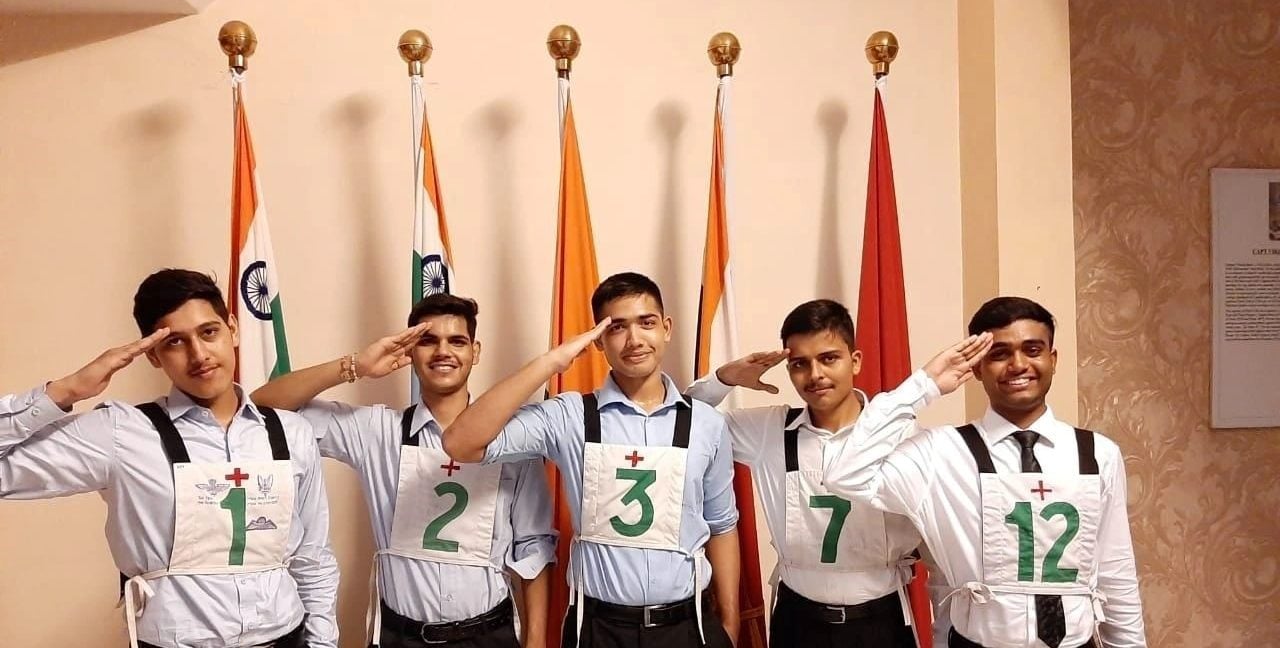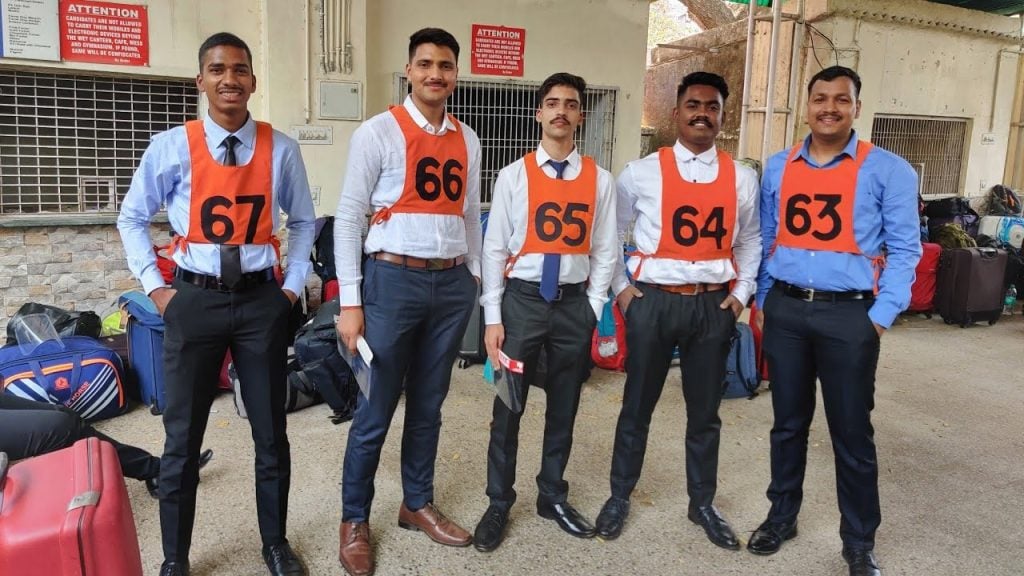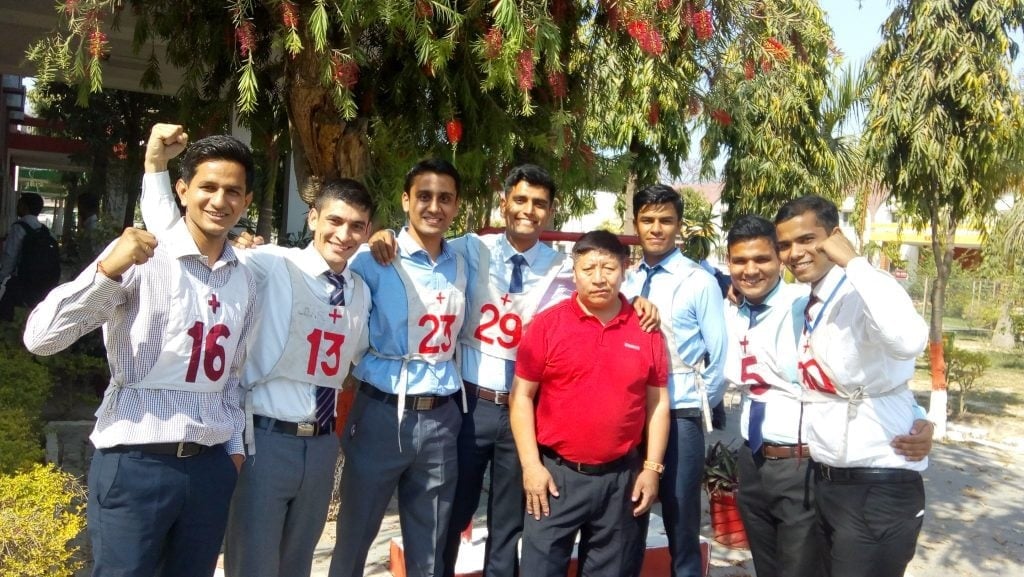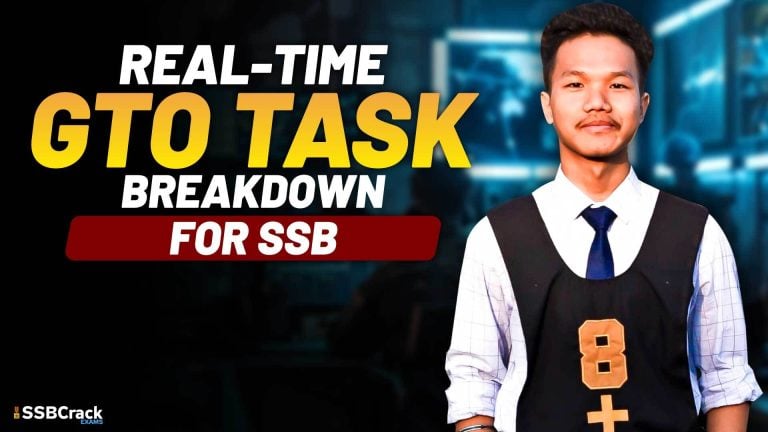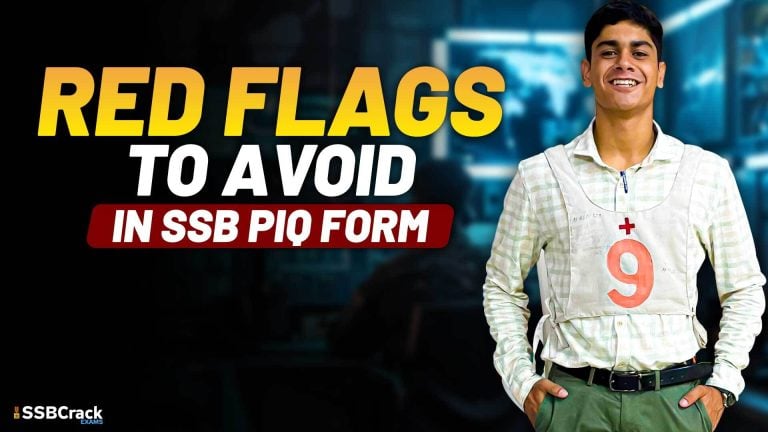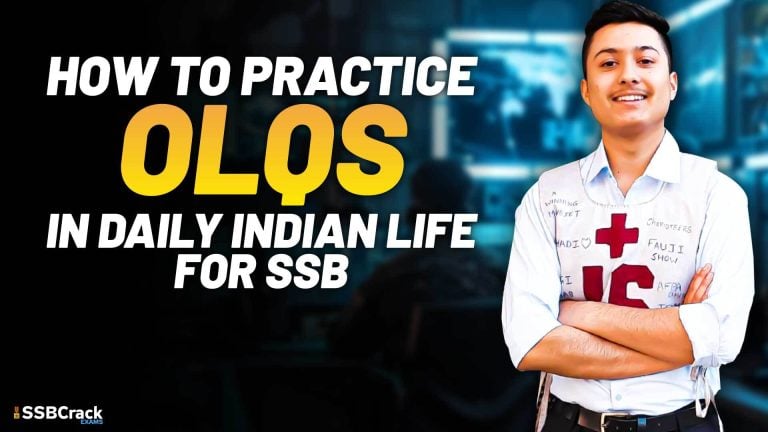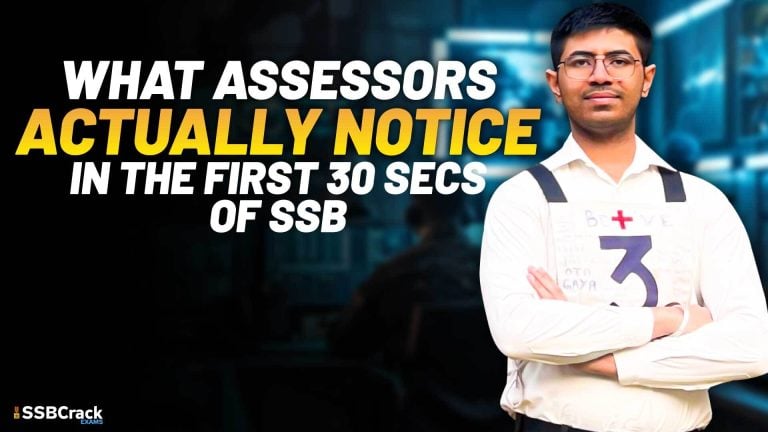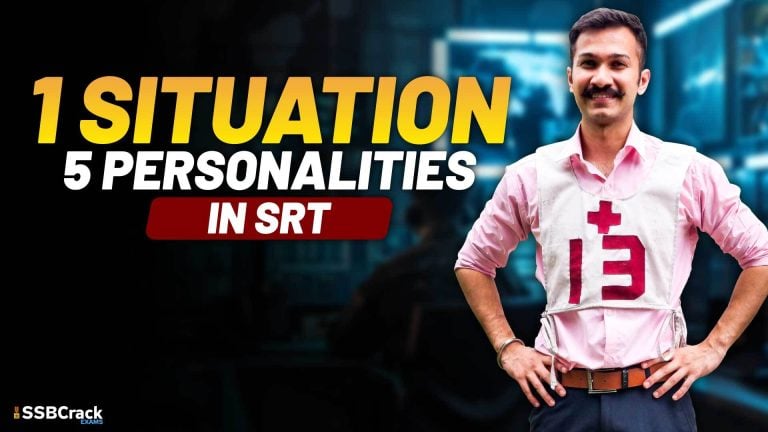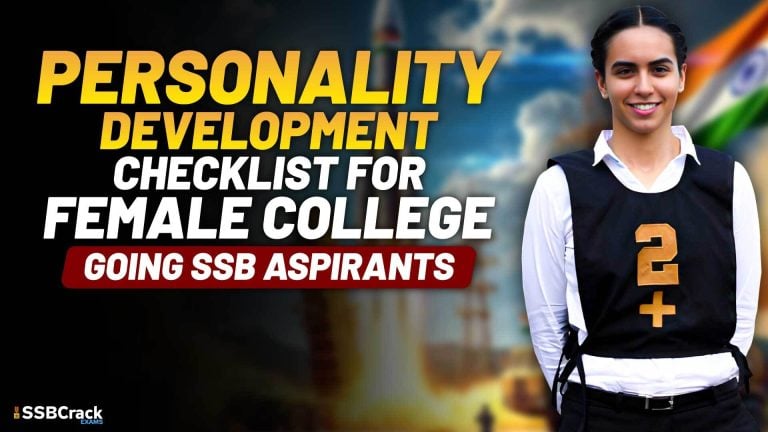Navigating the rigorous selection process for the Indian Armed Forces requires more than just academic excellence – it demands a keen understanding of the psychological assessments that form a crucial part of the Services Selection Board (SSB) interview. One such pivotal evaluation is the Situation Reaction Test (SRT), which delves into a candidate’s decision-making abilities, problem-solving skills, and overall suitability for a career in the military.
The SRT is designed to gauge a candidate’s responses to a diverse array of hypothetical scenarios that they may encounter during their service. From handling emergencies and dealing with difficult team dynamics to upholding ethical principles and managing personal-professional conflicts, the SRT provides a comprehensive snapshot of the candidate’s psychological profile. By thoroughly preparing for the Top 25 SRT Questions Asked in SSB Interviews, aspiring defense personnel can ensure that they present their best selves and increase their chances of securing a coveted position in the Indian Armed Forces.
Also Read | 12 Tips to Make a Lasting First Impression
Understanding the SRT in the SSB Interview
The Situation Reaction Test is a critical component of the SSB interview, which is conducted to assess the suitability of candidates for the Indian Armed Forces. This psychometric tool presents the candidates with a series of 60 hypothetical situations, each described in a concise manner, and requires them to provide their immediate reaction or response.
The situations covered in the SRT are designed to test the candidate’s ability to handle a wide range of scenarios, from everyday challenges to complex, high-pressure situations. These scenarios are carefully crafted to evaluate the candidate’s thought process, decision-making skills, leadership qualities, and overall psychological suitability for a career in the Armed Forces.
The SRT is conducted on the second day of the SSB interview and is a timed test, with candidates given 30 minutes to read and respond to all 60 situations. The assessors, who are trained psychologists and evaluators, closely examine the candidates’ responses to determine their personality traits, such as intelligence, judgment, common sense, initiative, courage, and quick decision-making abilities.
It is important to note that there are no “right” or “wrong” answers in the SRT. The assessors are more interested in the candidate’s thought process, approach, and ability to analyze and respond to the given situations in a logical, feasible, and practical manner. By demonstrating their ability to handle diverse scenarios, candidates can showcase their suitability for a successful career in the Armed Forces.
25 Most Common SRT Questions Asked in SSB Interviews
- Encountering a Stranger in Need: You are walking down the road and you see a stranger collapsed on the ground. What would you do?
- Dealing with Queue Jumpers: You are standing in a queue, and someone tries to jump ahead of you. How would you react?
- Responding to a Capsizing Boat: You are on a boat that is about to capsize. What would you do?
- Witnessing a Theft: You see a person stealing something in front of you. What action would you take?
- Handling Peer Pressure: You are at a party, and someone offers you a drink. What would you do?
- Reacting to a Road Accident: You witness a road accident. What would you do?
- Finding a Lost Wallet: You find a wallet lying on the road. What action would you take?
- Dealing with Uncooperative Team Members: You are in a situation where your team members are not cooperating. What steps would you take?
- Handling Uncomfortable Requests: You are in a situation where you are asked to do something that you are not comfortable with. What would you do?
- Prioritizing Family Emergencies: You are in a situation where your family member needs medical attention urgently. What would you do?
- Managing Time Constraints: You are in a situation where you are running late for an important meeting. What steps would you take?
- Refusing Illegal Requests: You are in a situation where you are asked to do something illegal. What would you do?
- Defending Against False Accusations: You are in a situation where you are accused of something that you did not do. How would you react?
- Upholding Principles: You are in a situation where you are asked to compromise on your principles. What would you do?
- Supporting a Bullied Colleague: You are in a situation where your colleague is being bullied. What action would you take?
- Collaborating with Difficult Coworkers: You are in a situation where you are asked to work with someone you don’t get along with. How would you handle the situation?
- Managing Diverse Teams: You are in a situation where you have to work in a team with people from different backgrounds. How would you manage the situation?
- Addressing Unfair Treatment: You are in a situation where your supervisor is unfair towards you. What steps would you take?
- Balancing Personal and Professional Life: You are in a situation where you are asked to choose between your personal life and professional life. What would you do?
- Tackling Unfamiliar Tasks: You are in a situation where you are asked to work on a project that you have no knowledge about. What would you do?
- Handling a Friend’s Unethical Behavior: You are in a situation where your friend is cheating in an exam. What would you do?
- Navigating Conflicting Opinions: You are in a situation where you have to choose between two conflicting opinions. What would you do?
- Prioritizing Multiple Tasks: You are in a situation where you have to prioritize between two important tasks. How would you manage the situation?
- Dealing with Difficult Customers: You are in a situation where you have to handle a difficult customer. How would you handle the situation?
- Delivering Difficult News: You are in a situation where you have to give bad news to someone. What approach would you take?
Also Read | 8 Essential Body Language Tips for Radiating Confidence
Preparing for the SRT: Key Strategies
Excelling in the Situation Reaction Test requires a multifaceted approach that combines thorough preparation, strategic thinking, and a deep understanding of the qualities and skills that the assessors are looking for. Here are some key strategies that can help candidates navigate the SRT successfully:
Familiarize Yourself with Common Scenarios
Candidates should thoroughly familiarize themselves with the types of situations that are commonly presented in the SRT. By understanding the range of scenarios, from everyday challenges to complex, high-pressure situations, candidates can develop a more comprehensive approach to handling these situations.
Develop a Structured Decision-Making Process
The SRT requires candidates to provide immediate responses to the presented situations. To ensure that their responses are logical, feasible, and practical, candidates should develop a structured decision-making process. This may involve steps such as:
- Quickly analyzing the key elements of the situation
- Identifying the primary objectives and potential consequences
- Considering multiple courses of action and their implications
- Selecting the most appropriate response based on the given context
Cultivate Desirable Personality Traits
The SRT is designed to assess a candidate’s personality traits, such as intelligence, judgment, common sense, initiative, courage, and quick decision-making abilities. Candidates should strive to cultivate and demonstrate these traits through their responses, showcasing their suitability for a career in the Armed Forces.
Practice, Practice, Practice
Consistent practice is crucial for success in the SRT. Candidates should engage in regular mock tests or practice sessions, where they can simulate the timed environment of the actual SRT and receive feedback on their responses. This will help them improve their time management, decision-making skills, and overall confidence in handling the test.
Maintain a Calm and Composed Demeanor
The SRT can be a high-pressure situation, but it is essential for candidates to maintain a calm and composed demeanor. By remaining collected and focused, candidates can better analyze the scenarios, formulate appropriate responses, and demonstrate their ability to handle stress effectively.
Emphasize Logical, Feasible, and Practical Solutions
While there are no “right” or “wrong” answers in the SRT, the assessors are looking for responses that are logical, feasible, and practical. Candidates should strive to provide solutions that are well-reasoned, actionable, and aligned with the context of the given situation.
By mastering these key strategies and thoroughly preparing for the most common SRT questions, aspiring defense personnel can increase their chances of success in the SSB interview and take a significant step towards their goal of serving in the Indian Armed Forces.
Also Read | 7 Tips to Ace the Screening Test in SSB Interview
Conclusion
The Situation Reaction Test is a critical component of the SSB interview, designed to assess a candidate’s psychological suitability for a career in the Indian Armed Forces. By understanding the most common SRT questions and developing effective strategies to navigate them, aspiring defense personnel can showcase their decision-making abilities, problem-solving skills, and overall compatibility with the demands of military service.
Through consistent practice, a structured decision-making process, and a deep understanding of the desired personality traits, candidates can approach the SRT with confidence and increase their chances of securing a coveted position in the Indian Armed Forces. By demonstrating their ability to handle diverse scenarios with logic, feasibility, and practicality, candidates can position themselves as exceptional candidates, poised to excel in the rigorous selection process.
